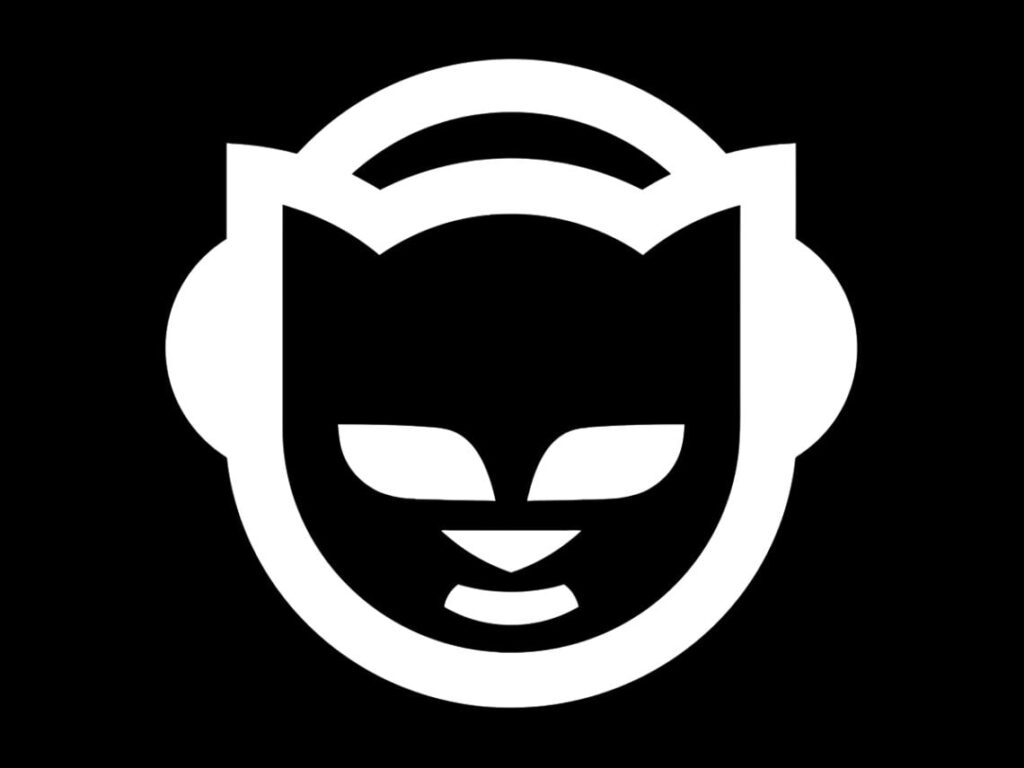Napster sold for $207 million despite closing down in 2002
 Posted On
Posted On
(Credits: Napster)
Over 20 years after its initial closure in 2002, the infamous music-sharing programme Napster has been sold for $207 million to the American technology company Infinite Reality.
First founded in 1999, Napster was a programme that allowed users to share MP3 audio files between each other. As the site grew, it became embroiled in multiple disputes over copyright infringement and came to represent the early wave of digital piracy, which saw sites like LimeWire and Pirate Bay follow in its wake.
The Recording Industry Association of America (RIAA) famously sued the platform, citing illegal distribution of copyrighted materials. In 2000, the platform was targeted by Metallica, who also sued Napster for distributing their music without copyright or paying royalties. Eventually, in 2002, Napster filed for bankruptcy and ceased its operations.
Nevertheless, the Napster name had become synonymous with the newly emerging digital age of music distribution, arguably paving the way for the rise of MP3 players, digital downloads and, later, music streaming services. So, in 2011, the Napster brand was sold to Rhapsody, who merged the brand with its own paid streaming service.
Although the Napster streaming service is still in operation, having been sold to Web3 companies Hivemind and Algorand in 2022, it trails far behind industry leaders like Spotify, Apple Music, Amazon Music, and Tidal among various others.
The brand’s new owners, Infinite Reality, aim to relaunch Napster as a music streaming site with an added level of interactivity. According to Variety, the company hopes to transform Napster into “a social music platform that prioritises active fan engagement over passive listening.”
Seemingly, the company will adopt an artist-first approach, allowing musicians to “connect with, own and monetise the relationship with their fans.” While this approach is far removed from the original incarnation of Napster back in 1999, it still remains unclear whether the company will be able to compete with companies like Spotify or Apple Music.
[embedded content]
Related Topics

